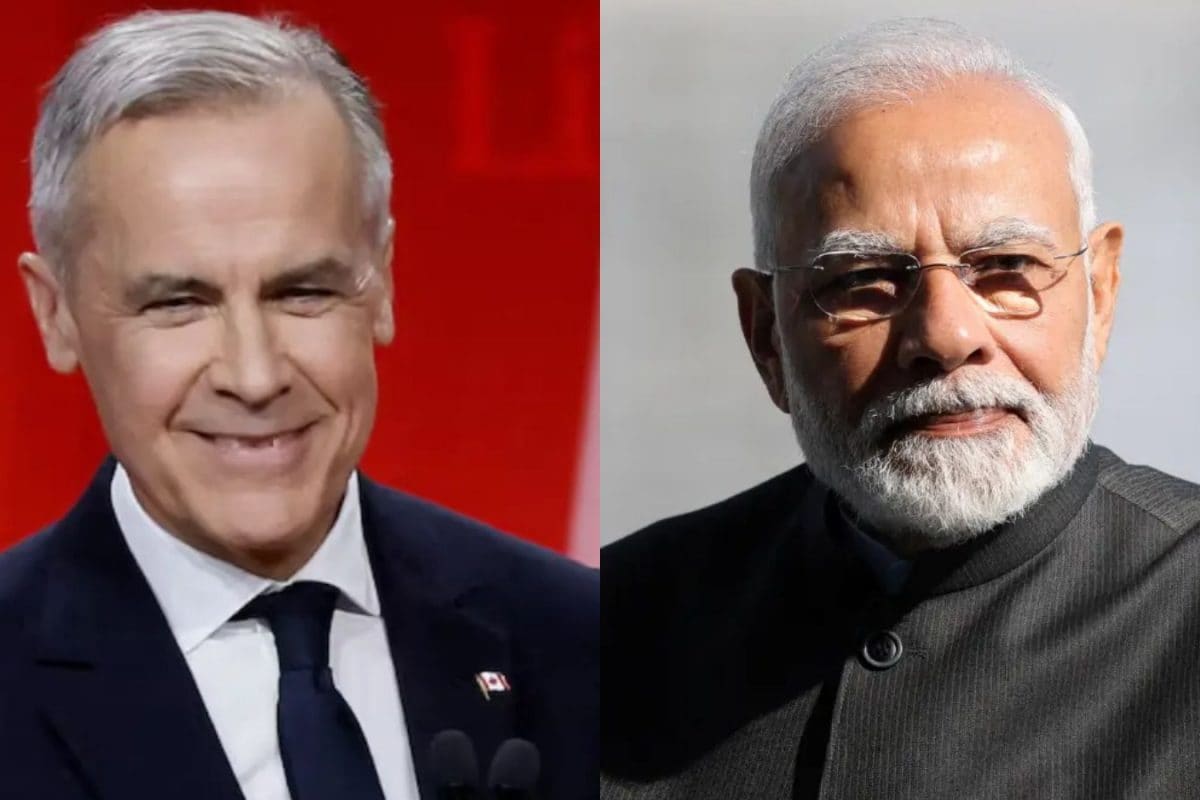

India and Canada have agreed to restore diplomatic presence in each other's countries following a meeting between Prime Minister Narendra Modi and Canadian Prime Minister Mark Carney on the sidelines of the G7 summit in Alberta. This decision marks a significant step towards mending the strained relationship between the two nations after a period of diplomatic tensions.
The agreement involves both countries designating new high commissioners and reinstating regular diplomatic services for their respective citizens. This move aims to address the gap in diplomatic representation that arose after Canada expelled six Indian diplomats and consular officials in the fall of 2024, in response to allegations linking Indian government agents to a targeted campaign against Canadian citizens. India, in turn, had expelled the acting Canadian high commissioner in New Delhi and five other Canadian diplomats last fall.
During their meeting, Prime Minister Carney emphasized the importance of Canada-India relations, highlighting their foundation on mutual respect, adherence to legal frameworks, and commitment to sovereignty and territorial integrity. The two leaders also explored opportunities for enhanced cooperation in various sectors, including technology, digital transformation, food security, and critical minerals.
The decision to restore diplomatic presence has been welcomed by the Indian diaspora in Canada, who view it as a "major reset" in the relationship between the two countries. Business leaders and community members have expressed optimism that this move will pave the way for stronger partnerships and renewed cooperation in various fields.
The meeting between Prime Minister Modi and Prime Minister Carney also touched upon key global issues, including cross-border criminal activities, security matters, and the international order. Carney conveyed that their meeting was a "testament to the importance of your country" and the issues they needed to tackle together. These included energy security, artificial intelligence, and the fights "against terrorism" and against transnational repression.
This rapprochement comes after nearly two years of strained relations, triggered by Canada's allegations of India's involvement in the 2023 killing of Hardeep Singh Nijjar, a Canadian Sikh separatist. While India has denied these allegations, the incident led to a significant deterioration in diplomatic ties, with both countries expelling diplomats and issuing travel advisories. Despite the lingering tensions, both nations appear to be recognizing the importance of a functional relationship, especially in the context of evolving global alliances and trade dynamics.